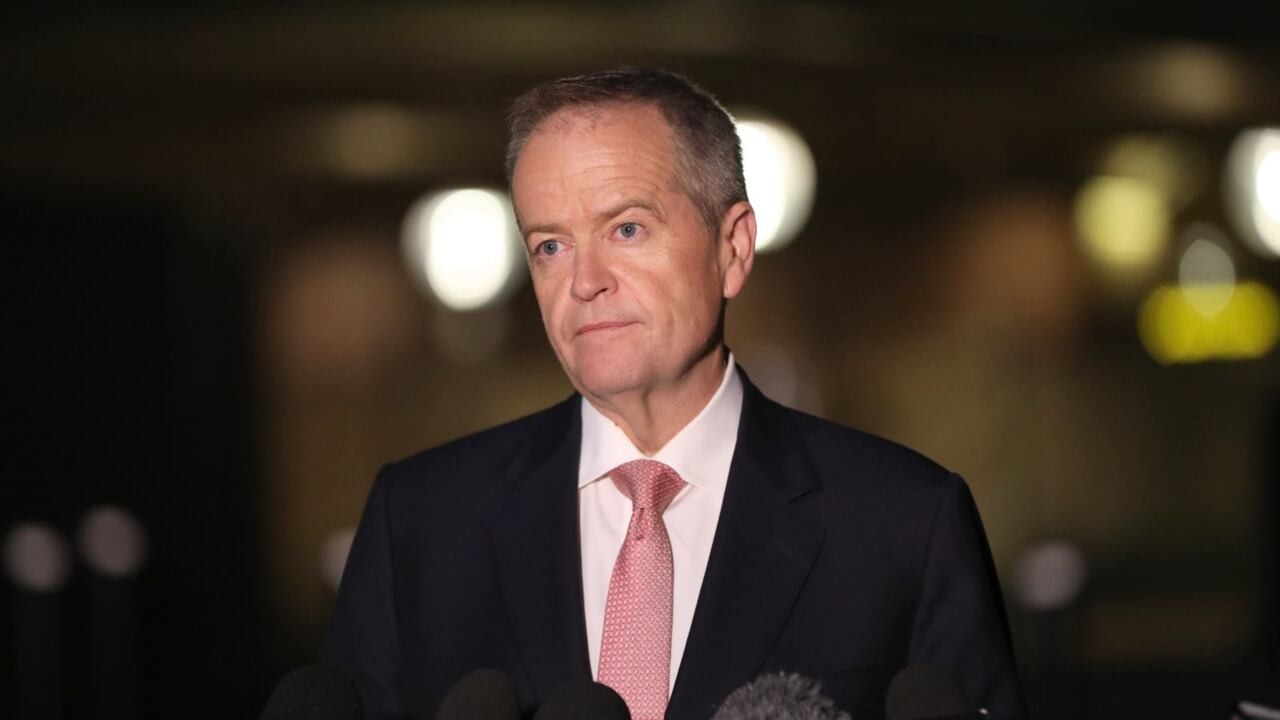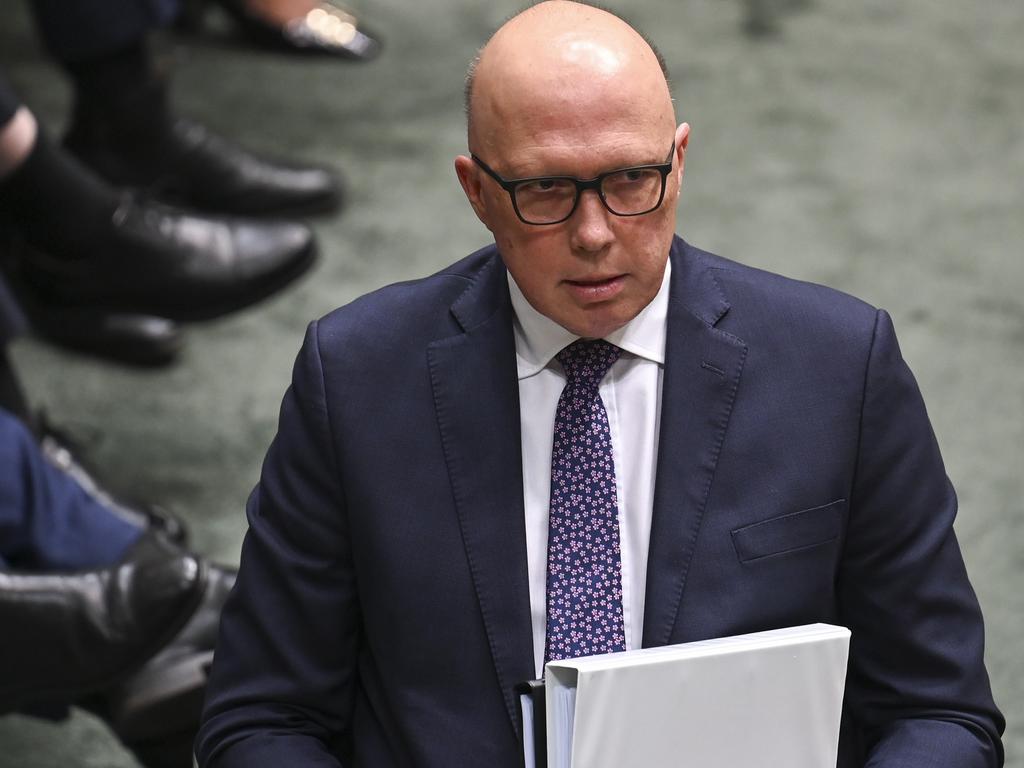Former Morrison government ministers deny Robodebt referral
Former Morrison government ministers Stuart Robert, Alan Tudge and Christian Porter say they were not issued with notices of adverse findings or included in the sealed section of the Robodebt Royal Commission report.
Former Coalition government ministers implicated in the rollout of the Robodebt scheme have hit out at findings that they overlooked legal advice, prosecuted a fierce campaign against welfare fraud in the media and made false statements.
Scott Morrison has also rejected the commissioner’s findings that were critical of his role in implementing the automated scheme as “wrong, unsubstantiated and contradicted by clear documentary evidence”, saying he acted in good faith.
The report found against Mr Morrison’s claims that income averaging was a long-established practice in the Department of Social Services and allowed cabinet to be misled by failing to make “obvious inquiries”.
“I reject completely each of the findings which are critical of my involvement in authorising the scheme and are adverse to me,” Mr Morrison said.

The report names several high-ranking bureaucrats, outlining their roles in how the scandal unfolded, including former Department of Human Services secretary Kathryn Campbell, her successor Renee Leon, DHS customer compliance branch national manager Scott Britton, DHS deputy secretary Malisa Golightly and Department of Social Services deputy secretary Serena Wilson.
Former social services minister Stuart Robert said he had sought legal advice and shut down the scheme.
“As the minister that worked hard to get the legal advice and close down the income compliance scheme, I welcome the royal commission report and its sensible recommendations,” Mr Robert said. “I have not received a notice of inclusion in the ‘sealed section’ and I understand they have all gone out.”
The report found Mr Robert had “gone well beyond supporting government policy”, acting dismissively towards legal opinion.
Former minister Alan Tudge, who assumed the human services portfolio in 2016, said he “rejected in the strongest terms” the suggestion he had abused his power in using the media and that the report “made no finding that I had knowledge that the scheme was unlawful”.
“At no stage did I seek to engage in a media strategy that would discourage legitimate criticism of the scheme,” he said.

The report found Mr Tudge’s approach to the media around the Robodebt scheme focused on the narrative, “cracking down on noncompliance by income support recipients”, conflating fraud and inadvertent overpayments.
A spokesman for former attorney-general Christian Porter said the report made it clear he had not known during his time as the relevant minister that there was “any issue as to the lawfulness of the Robodebt scheme”.
“At all relevant times the Honourable Christian Porter discharged his ministerial responsibilities acting in good faith based on direct advice that he received while acting minister for human services for a matter of weeks around early January 2017,” the spokesman said.
The report found he was “simply repeating” the talking points given to him by his department, which later transpired to be wrong.
Centre for Public Integrity director and barrister Geoffrey Watson said it was “disappointing” the identities of those referred to possible prosecution had been withheld, saying “we’ve had a royal commission, if these people are the subject of an adverse finding, then we should know about it”.
Mr Watson said the only prospect for the MPs and public servants who had been named in the report to appeal the commissioner’s findings was a judicial review, arguing that an error of law had occurred. He said the chances of such a challenge being successful were “fancifully remote”.







To join the conversation, please log in. Don't have an account? Register
Join the conversation, you are commenting as Logout